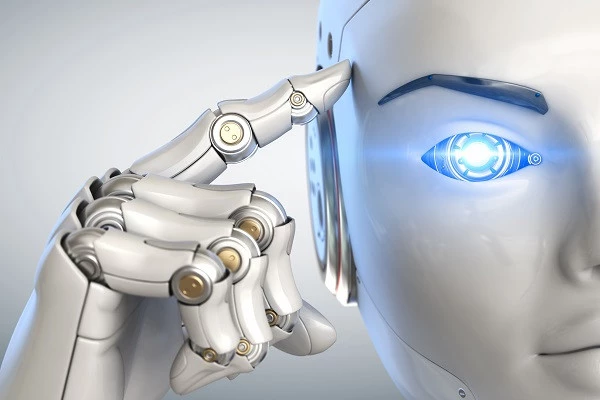Can Every Worker Get A Digital Assistant?
A New Normal In The Enterprise
Add bookmark
The days of personal assistants being exclusive to C-Suite are over. Thanks to new advancements in enterprise technology, nearly every worker can get access to a personal assistant —a digital one.
A recent report from Information Services Group suggests that more enterprises will provide a personal digital assistant (enabled by artificial intelligence) to all employees. These virtual assistants can be a critical component of an enterprise’s plan to automate mundane tasks, improve the employee experience, and achieve digital transformation.
"With digital and automation technologies, having a personal assistant is no longer a luxury that only senior executives can afford," said Esteban Herrera, partner and global leader of ISG Research. "Modern digital workplace technologies provide every worker with a personal digital assistant that can take over mundane tasks to help the user explore value-added work and advance their careers."
Similarly, a recent report from Gartner also echoes the rise of this technology in the enterprise. By 2021 — just two years from now — 25% of all digital workers will use a virtual employee assistant every day. Currently, only 2 percent of those workers are leveraging this technology.
“We expect virtual employee assistants (VEA) to be used by an increasing number of organizations over the next three years,” said Annette Jump, senior director at Gartner. “Industries such as insurance and financial services are showing strong interest in piloting VEAs internally. We’ve also witnessed VAs being used in IT, customer service and information queries.”
What Will The Digital Assistants Do?
Depending on the capabilities, the communication methods of the digital assistant are either text-based (in an app, chatbot, or email), and/or voice-activated (with an app or a smart speaker). There are numerous examples of tasks that a digital assistant could perform, including:
- Scheduling meetings on behalf of employees
- Remote device support through augmented reality
- Streamlining logistics operations
- Filtering email boxes and digital files
- Translations and transcribing.
One of the industries that have embraced this technology is healthcare. Gartner says that there are currently pilots being conducted where remote diagnostics and elder-care applications are being used by smart speakers. In addition, physicians can use a voice-activated digital assistant to document critical patient data.
Why Is This Technology So Important?
The rise of digital personal assistants in the workplace is another example of the consumerization of the enterprise. As more employees are using app-based assistants in their personal lives, the technology will be more prominent in work.
Popular consumer-based AI assistants (such as Amazon Alexa, Microsoft Cortana, and Apple’s Siri) are pivoting their marketing efforts to businesses. In fact, Amazon Alexa launched an enterprise-friendly service called Alexa for Business in 2017. Gartner says that the vendor landscape for the service is transforming, with over 1,000 service providers worldwide.
By automating mundane tasks in the workplace with digital assistants, enterprises will experience a host of benefits. This technology improves productivity and engagement throughout an organization. Employees are free to complete more critical responsibilities while the digital assistants handle routine tasks. A voice-enabled assistant frees up the worker from the constraint of having to use a computer keyboard or mouse. Organizations can present the digital assistants as a workplace perk.
The attention to detail from digital assistants can result in enhanced communication, and it can decrease the time it takes to search through data. This can result in increased efficiency in the workplace. The initial cost for rolling out certain digital assistants might be an issue, but if the technology is used correctly, it could result in long-term savings for the business.
Meanwhile, IT leaders will play a critical role in the capabilities of the technology. Digital assistants are cloud-based and connect with an enterprise’s backend, so IT leaders must make sure that their cloud infrastructure is ready for this technology, because as the reports from ISG and Gartner show, digital assistants are coming to the enterprise — whether you’re ready or not.













